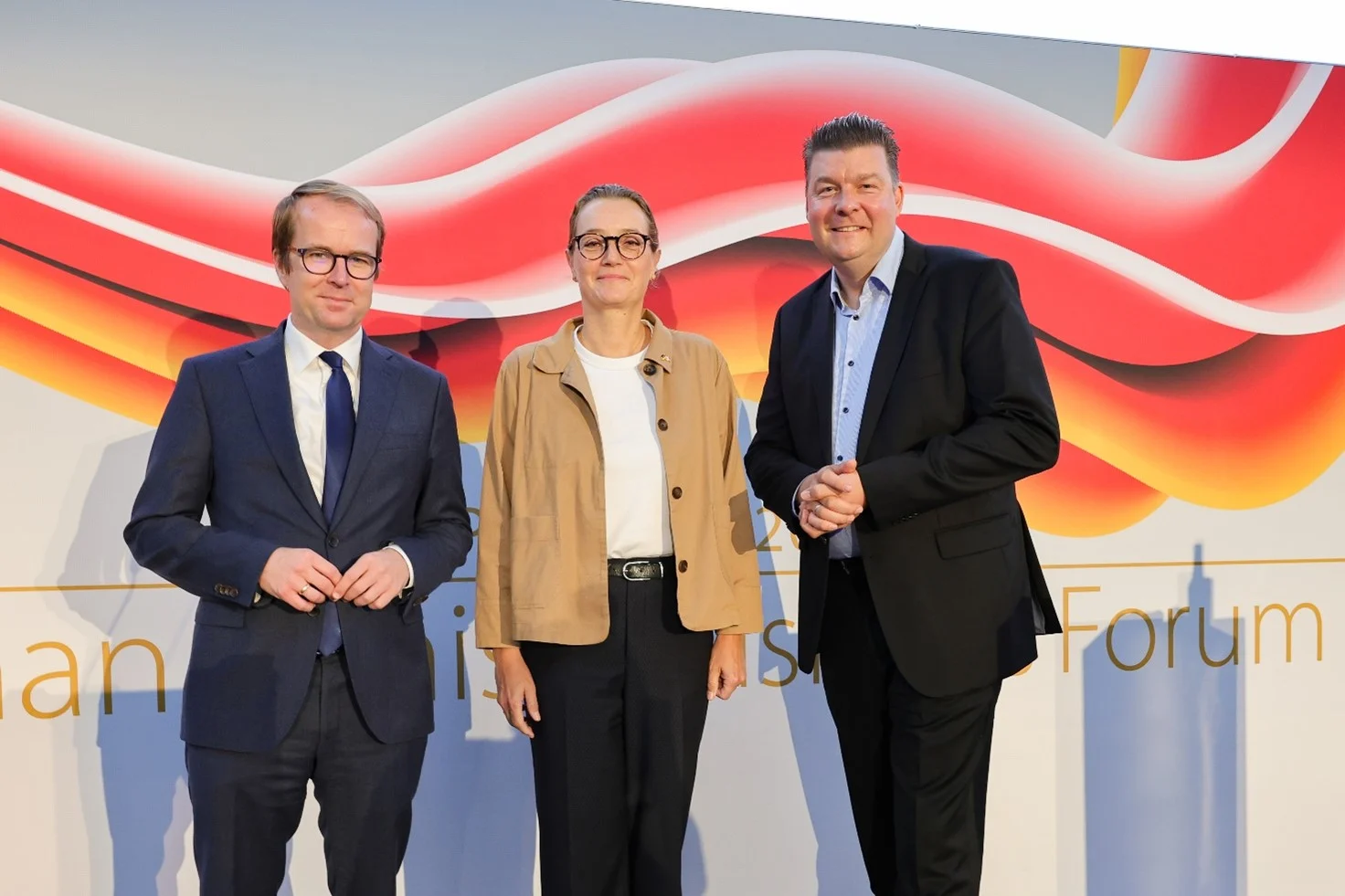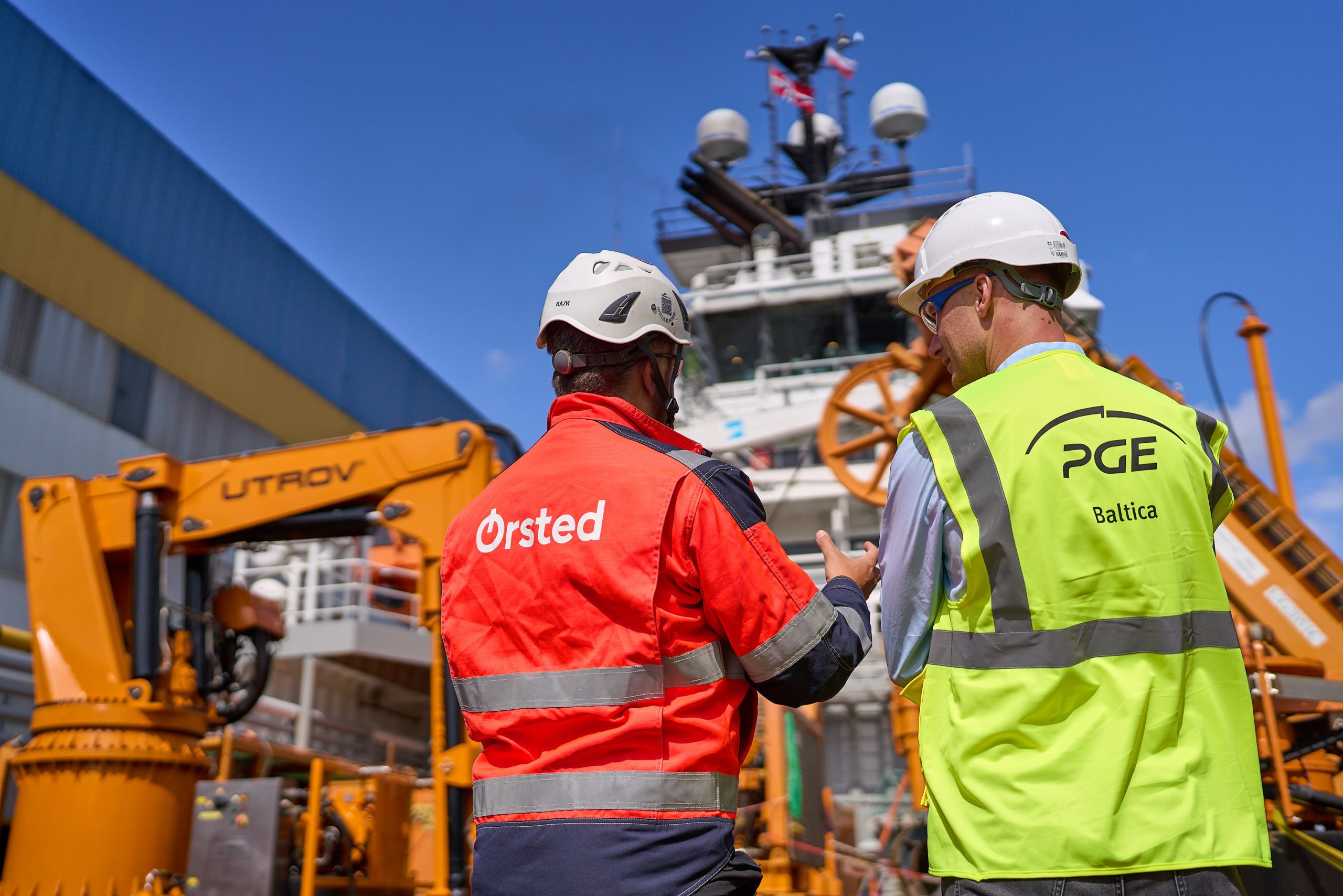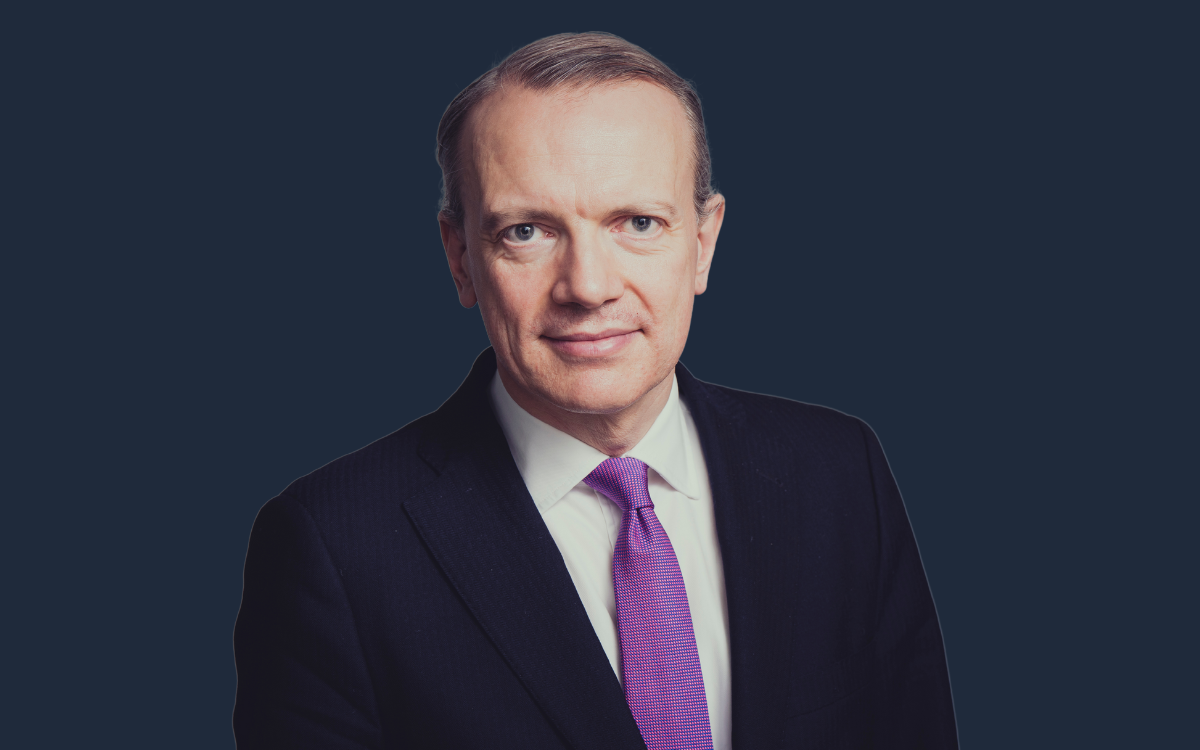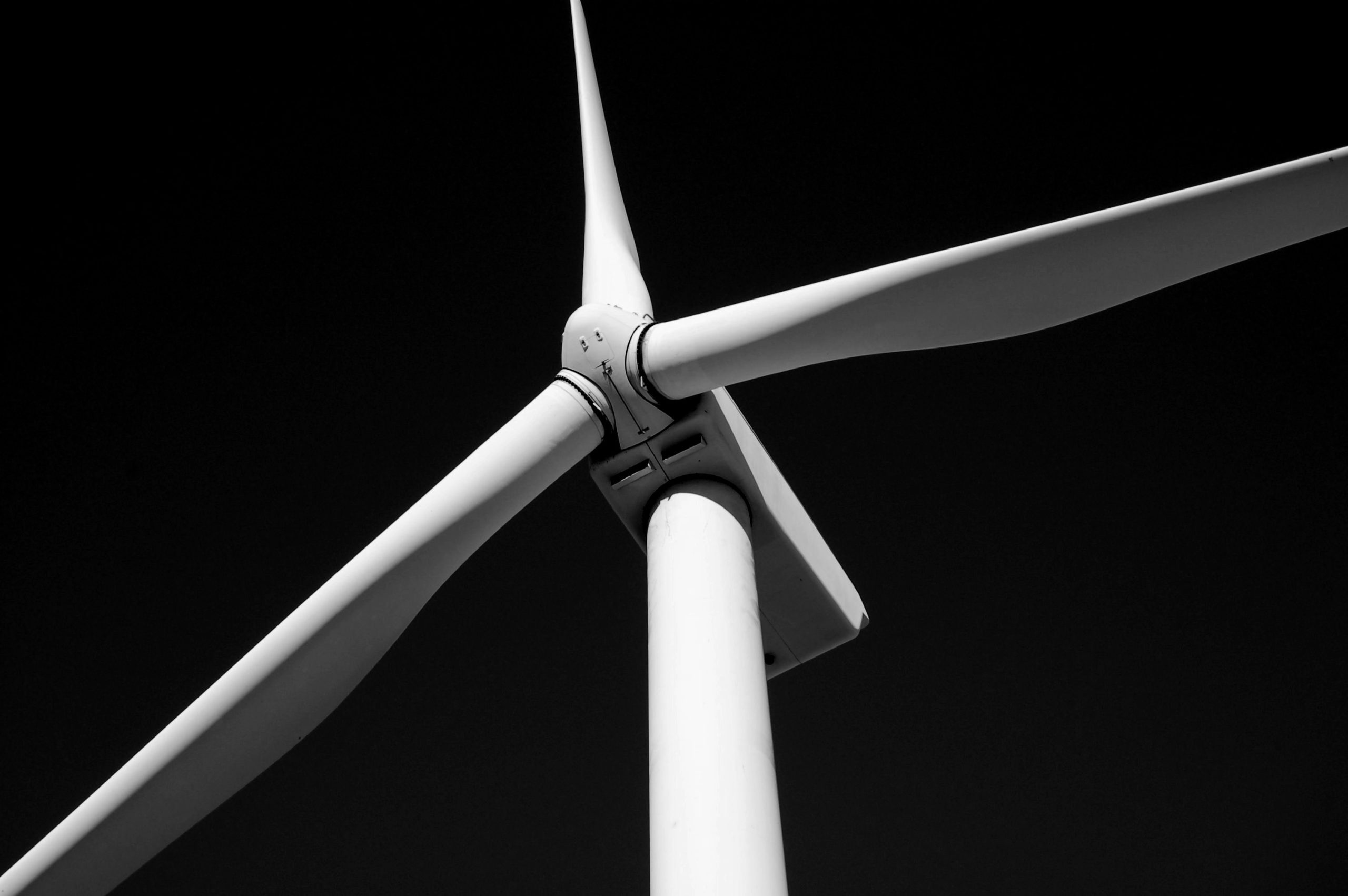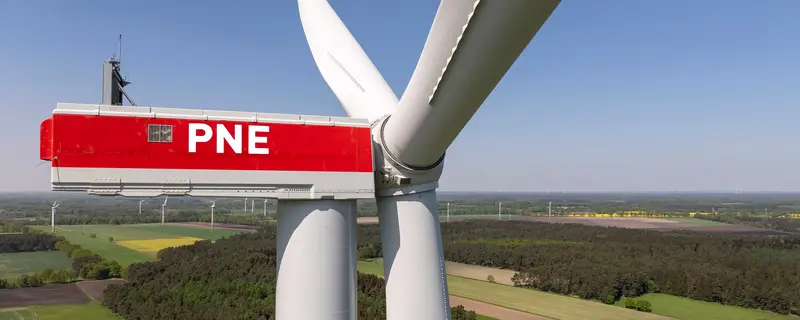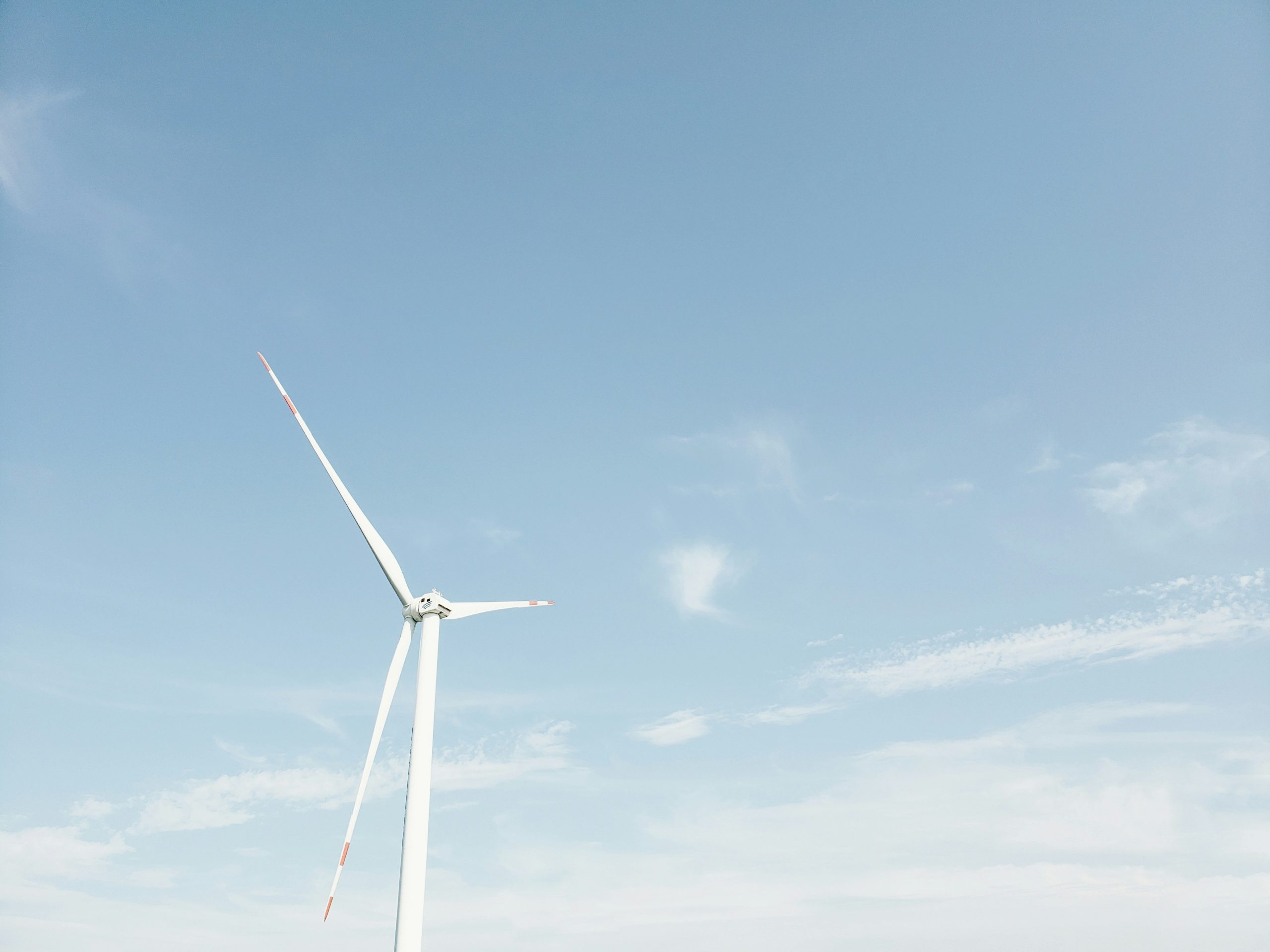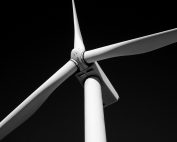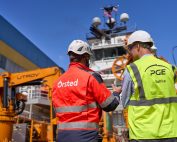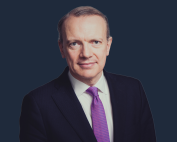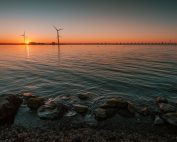The strong Danish-German cooperation within wind and hydrogen was thoroughly discussed at the German Danish Business Forum in Hamburg on 6 September. With the decision to establish the Fehmarnbelt Fixed Link, a new business forum saw the light of day in 2014 – the Hamburg-Copenhagen Business Forum. Now it has gained national reach and has just held a conference in Hamburg with up to 300 participants from the Danish and German business community.
Hamburg’s Minister of Finance, Senator Dr Andreas Dressel, welcomed the German Danish Business Forum in the beautiful classical headquarters of the Hamburg Chamber of Commerce. He pointed to two new infrastructure connections of crucial importance for our countries: the Fehmarn Belt Link and the new Danish-German hydrogen connection that is on the drawing board.
In his remarks, DI’s Deputy CEO Thomas Bustrup welcomed the positive perspectives for the Danish-German co-operation, where Northern Germany is a crank and where the energy industry’s companies play a significant role.
Energy in the centre stage
Overall, energy played a key role in this year’s meeting, where representatives from Ramboll, Ørsted, CIP, Hamburger Energiewerke and 50 Hertz Transmission discussed the importance of stronger energy infrastructure between Denmark and Germany as a prerequisite for the decarbonisation of Europe.
Representatives from RWE Renewable Denmark, Siemens Gamesa Renewable Energy, Nordex Energy and GP Joule gave their views on the role of wind energy in the green energy transition in Denmark, Germany and Europe – and the current barriers that the industry faces in both markets: lengthy case processing for RE projects, inadequate infrastructure for the rapid RE expansion, supply problems and price increases for raw materials for RE expansion, and a shortage of skilled labour. Despite the current challenges, they believe that the industry can deliver on the ambitious political goals that have been set. The industry itself addresses the barriers and calls for even more co-operation and action from the authorities to break down the barriers – both on the Danish, German and European side. This is necessary if Northern Europe is to maintain its position as a global leader in wind energy.
Representatives from Ørsted, Everfuel, Aurubis and Mabanaft then discussed how sector coupling – in particular the build-up of hydrogen production and infrastructure – will change, develop and connect energy systems, helping to increase security of supply and create the basis for the use of much more green energy in the future.
Source: Dansk Industri
